Zimbabwe's Lost Decade. Politics, Development and Society
Zimbabwe occupies a special place in African politics and international relations, and has been the subject of intense debates over the years. At independence in 1980, the country was better endowed than most in Africa, and seemed poised for economic development and political pluralism. The population was relatively well educated, the industrial and agricultural bases were strong, and levels of infrastructure were impressive. However, in less than two decades, Zimbabwe was mired in a deep political and economic crisis. Towards the end of its third decade of independence, the economy had collapsed and the country had been transformed into a repressive state. How can we make sense of this decline? How can we explain the âlost decadeâ that followed? Can the explanation be reduced to the authoritarian leadership of Robert Mugabe and role of ZANU-PF? Or was something defective about in the institutions through which the state has exercised its authority? Or was it the result of imperialism, the West and sanctions? Zimbabweâs Lost Decade draws on Lloyd Sachikonyeâs analyses of political developments over the past 25 years. It offers a critique of leadership, systems of governance, and economic strategies, and argues for democratic values and practices, and more broad-based participation in the development process.
{{comment.content}}
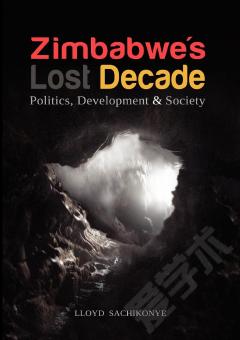

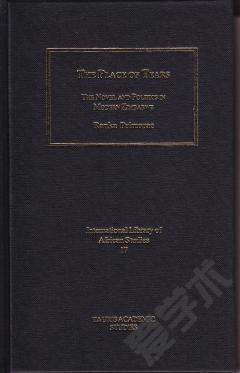

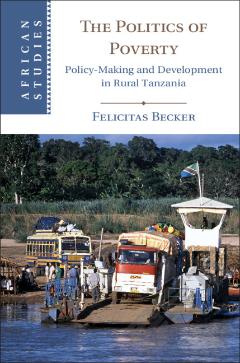
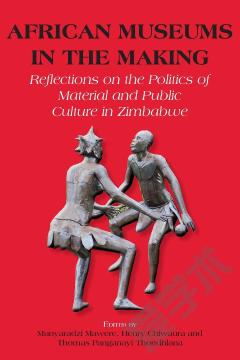
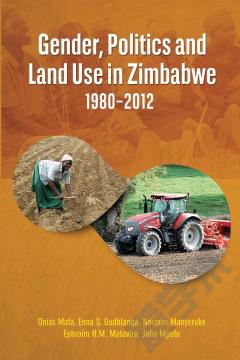

 京公网安备 11010802027623号
京公网安备 11010802027623号